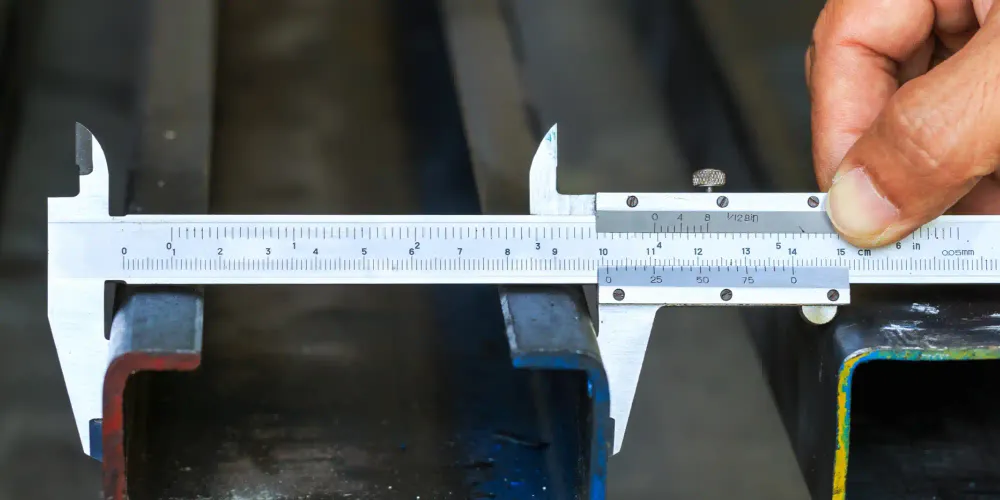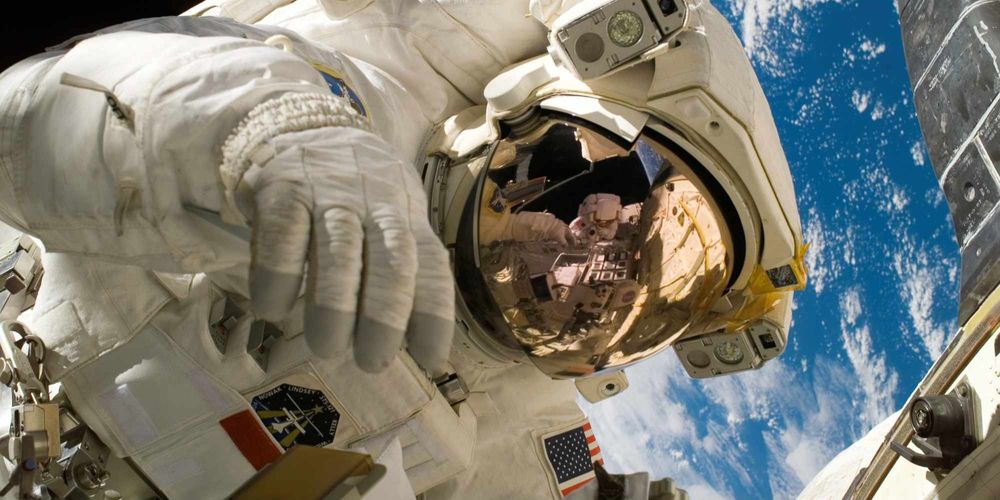Issue 78 • Week of July 16, 2023
Space exploration is one of the pinnacles of human achievement, but it has not been without incident. An elementary miscalculation by a Fortune 100 vendor cost NASA $125 million in 1999 on a failed mission that crashed into Mars (no, taxpayers never got a refund). The mistake simply would not have happened in any other spacefaring nation – because almost literally everyone else uses the metric system. Instead, the United States defiantly impedes our own scientific and economic progress by clutching onto an archaic system of measurement along with only two other countries in the world.
Next week marks the 32nd anniversary of President George H.W. Bush's Executive Order 12770, the most recent presidential attempt to further metric adoption. Specifically, it mandated the Executive Branch to "take all appropriate measures within their authority" to use the metric system "as the preferred system of weights and measures for United States trade and commerce". Many government agencies have since accepted it.
Yet one has to only look as far as the local grocery store where gallons, pounds, and inches are everywhere on display to see its limited impact. In addition, the measurements within our supply chain that culminated with food on the shelves are even more arcane than what consumers use on a daily basis. US commodities weighed with the same unit represent different values depending on the crop: one bushel of wheat is heavier than one bushel of corn that is in turn heavier than one bushel of oats.
Length and weight cannot be universally understood with a decimal notation such as 1.9 feet or 1.9 pounds because there are 12 inches to a foot and 16 ounces to a pound. Instead, they equate to about 1'11" and 1 lb 14 oz respectively. Driving distances are measured in miles until an upcoming turn when GPS directions suddenly switch to feet, which assuredly causes crashes during split second decisions (e.g. 750 feet = 0.14 of a mile).
A majority of citizens latch onto our current system with some sort of ill-placed patriotism, even though there is nothing American about it. We likely would have switched to metric thanks to Thomas Jefferson had it not been for pirates. So instead, we inherited an outdated system from ancient Rome by way of England at our country's inception. We have since barely budged over the past two centuries despite complications to millions of calculations done every single day in the world's largest economy.
So what, you say? Well, our intransigence is costing the US over $50 billion in terms of our educational system alone. Manufacturers would not have to change their factory lines to build new products. They would simply update the labeling, which for food is already long overdue in terms of safety and best by dates. And companies that are large enough to export products likely have metric-friendly sizes anyway since that is what the rest of the world expects.
Resistance to the metric system is not an outlier. It is indicative of a pernicious dogmatism regarding nearly any scale.
How can we overcome our stubbornness in systems of measurement?
This content is only available to members
Sign up for free to read the potential solutions for this topic and find out what you can do today for a better tomorrow or pre-order our second book that will compile 100 issues on making a difference.
Unlock contentAlready have an account? Sign In



